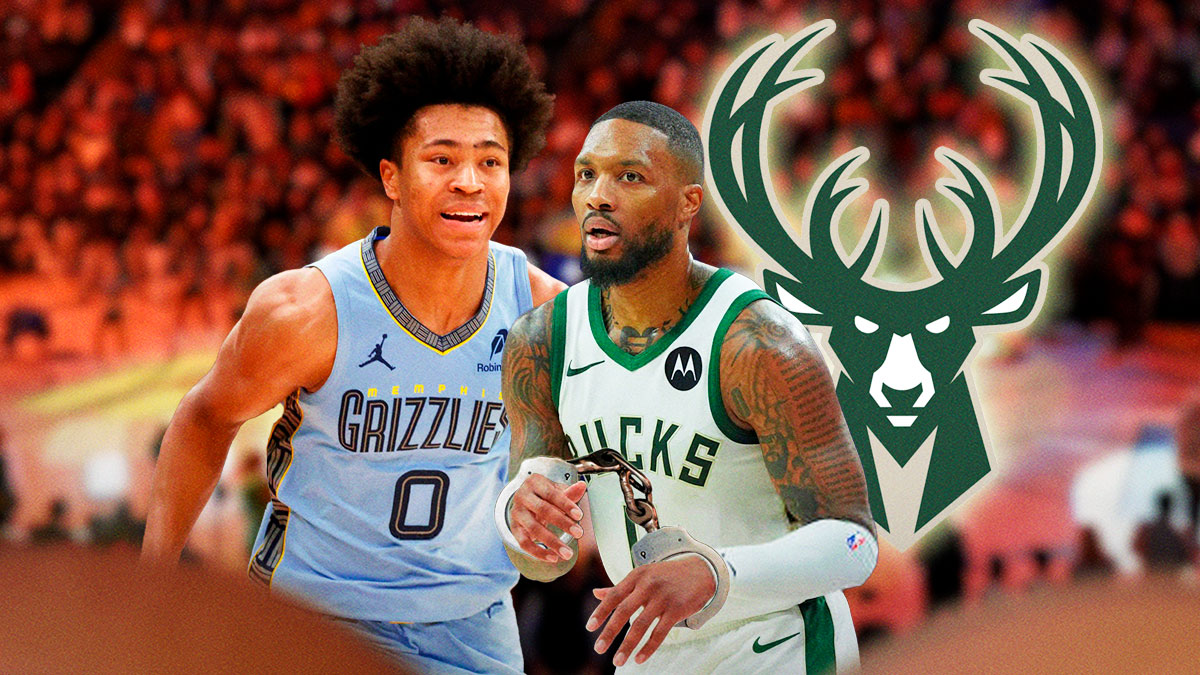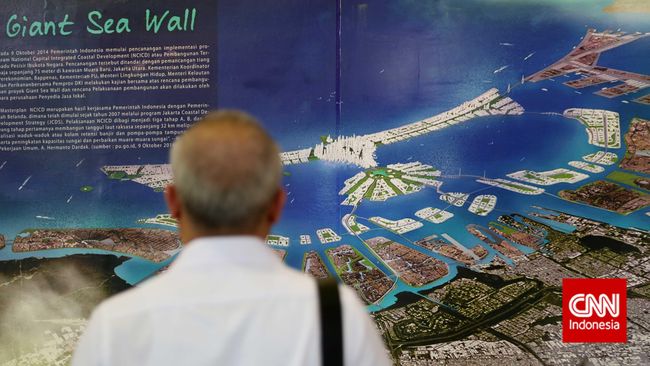Why Coca-Cola Doesn't Sell Dasani Bottled Water In The United Kingdom

Table of Contents
The 2004 Dasani Bottled Water Recall Disaster in the UK
The story of Dasani's failure in the UK begins with a devastating recall in 2004. This event significantly impacted Coca-Cola's standing and remains the primary reason why Dasani bottled water isn't available in the UK today. The problem stemmed from the discovery of bromate, a potential carcinogen, in the water used to produce Dasani. This discovery sparked immediate public outcry and intense negative media coverage.
- Date of recall: March 2004
- Level of bromate detected: Higher than the permitted levels set by the World Health Organization.
- Number of bottles recalled: Millions of bottles of Dasani bottled water were pulled from UK shelves.
- Financial impact on Coca-Cola: The recall resulted in significant financial losses for Coca-Cola, including the costs of the recall itself, lost sales, and damage to brand reputation.
The sheer scale of the recall and the health concerns surrounding bromate created a crisis of confidence for Coca-Cola in the UK market. This negative publicity severely damaged the brand’s image and trust among consumers.
Damage to Brand Reputation and Consumer Trust
The 2004 Dasani bottled water recall had far-reaching consequences beyond the immediate financial losses. The damage to the brand's reputation and consumer trust proved to be long-lasting. Regaining consumer confidence after such a major health scare is an incredibly challenging task. Many UK consumers may still harbor negative associations with the brand, making a successful re-entry into the market highly problematic.
- Loss of market share post-recall: Dasani lost significant market share, a loss it has never recovered from.
- Negative sentiment analysis from social media and news articles: Even years later, online searches and discussions often reflect negative sentiment towards Dasani.
- Consumer surveys reflecting ongoing distrust: Studies might reveal lingering concerns and a lack of trust in the brand among UK consumers.
The deep-seated negative perception of Dasani following the recall continues to be a major obstacle for Coca-Cola.
The Competitive Bottled Water Market in the UK
Even without the 2004 recall, re-entering the UK bottled water market would be a significant undertaking. The market is intensely competitive, with both established international brands and successful local players vying for market share. The high barriers to entry, coupled with the existing negative perception of Dasani, create a formidable challenge for Coca-Cola.
- List of major competitors in the UK bottled water market: Brands such as Highland Spring, Buxton, Volvic, and Evian dominate the market.
- Market share data for the top players: These established brands control a large portion of the UK bottled water market.
- Analysis of consumer preferences in the UK: Understanding current consumer preferences is crucial for any successful re-entry strategy.
The saturated market and strong competition make a successful relaunch of Dasani bottled water in the UK an uphill battle.
Cost and Logistical Challenges of Re-launching Dasani in the UK
Beyond the reputational damage and market saturation, a Dasani relaunch would also involve considerable financial investment. Coca-Cola would need to allocate significant resources to a comprehensive marketing campaign aimed at rebuilding trust and regaining market share. Furthermore, securing a new, reliable water source that meets the highest quality and safety standards would be a crucial and complex logistical hurdle. This, combined with the uncertain return on investment, likely leads Coca-Cola to view the risk as too great.
Conclusion: The Enduring Absence of Dasani Bottled Water in the UK
The continued absence of Dasani bottled water from UK shelves is a direct consequence of the 2004 recall, the subsequent damage to brand reputation, and the challenging competitive landscape. The 2004 bromate contamination remains the defining factor in Dasani's UK history. The cost and risk involved in a potential relaunch clearly outweigh any potential benefits for Coca-Cola. The case of Dasani bottled water UK serves as a cautionary tale about the devastating impact of food and beverage recalls. We encourage you to further research the impact of such incidents on brand reputation and share your thoughts: Should Coca-Cola re-introduce Dasani bottled water into the UK market? What measures could they take to rebuild consumer trust? Let's discuss the future of Dasani bottled water UK in the comments below.

Featured Posts
-
 Urgent Jaylen Wells Of The Grizzlies Injured Stretcher Required
May 16, 2025
Urgent Jaylen Wells Of The Grizzlies Injured Stretcher Required
May 16, 2025 -
 Brunsons Ankle Injury Impact On Knicks Game Against Lakers
May 16, 2025
Brunsons Ankle Injury Impact On Knicks Game Against Lakers
May 16, 2025 -
 Braves Vs Padres Game Prediction And Betting Odds
May 16, 2025
Braves Vs Padres Game Prediction And Betting Odds
May 16, 2025 -
 Breaking News Max Muncys First Home Run Of 2025
May 16, 2025
Breaking News Max Muncys First Home Run Of 2025
May 16, 2025 -
 Update Terbaru Proyek Giant Sea Wall Menko Ahy Jelaskan
May 16, 2025
Update Terbaru Proyek Giant Sea Wall Menko Ahy Jelaskan
May 16, 2025
